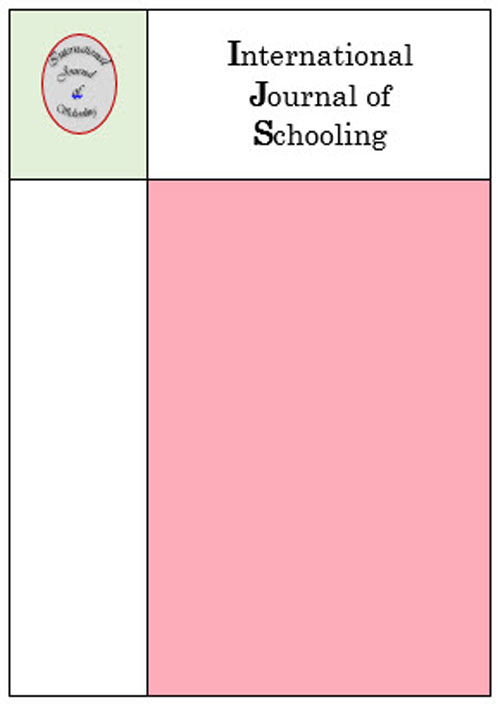The Effectiveness of Social Component Intervention Program on School Burnout and Academic Self-Regulation in Students with ADHD
The aim of this study was to evaluate the effectiveness of social competence intervention program on burnout and academic self-regulation of students with ADHD. This research was a quantitative, quasi-experimental study in the form of a pre-test-post-test psycho-educational group and follow-up with an experimental and control group. Follow-up was done two months apart. The statistical population of the present study was female students in the second grade of an elementary school in Sabzevar. The research sample consisted of 40 people who were randomly selected from the willing people who had the conditions for entry and exit, and were randomly assigned to two groups (experimental and waiting). In order to collect information, a school burnout list (Salmela-Aro et al., 2009) and an academic self-regulation questionnaire (Ryan and Connell, 1989) were used. Data analysis was performed by repeated-measures analysis of variance. The results showed that the social competence intervention program had a significant effect on burnout and academic self-regulation of students with ADHD (P<0.01). These results suggest that a social competence intervention program can help reduce burnout and increase academic self-regulation in students with ADHD.



